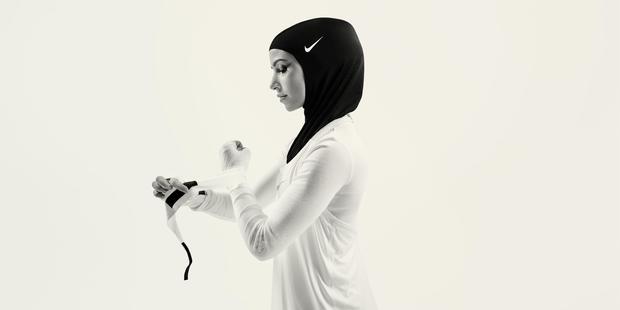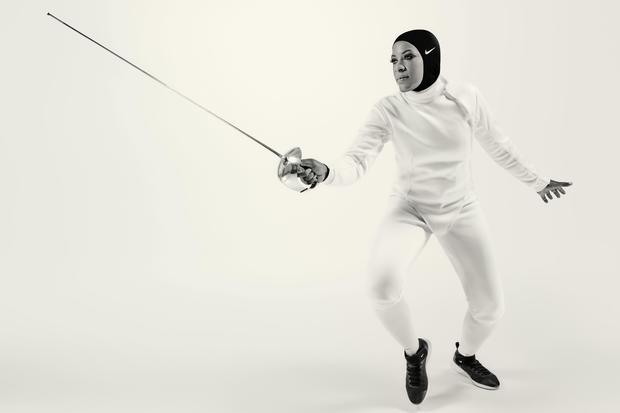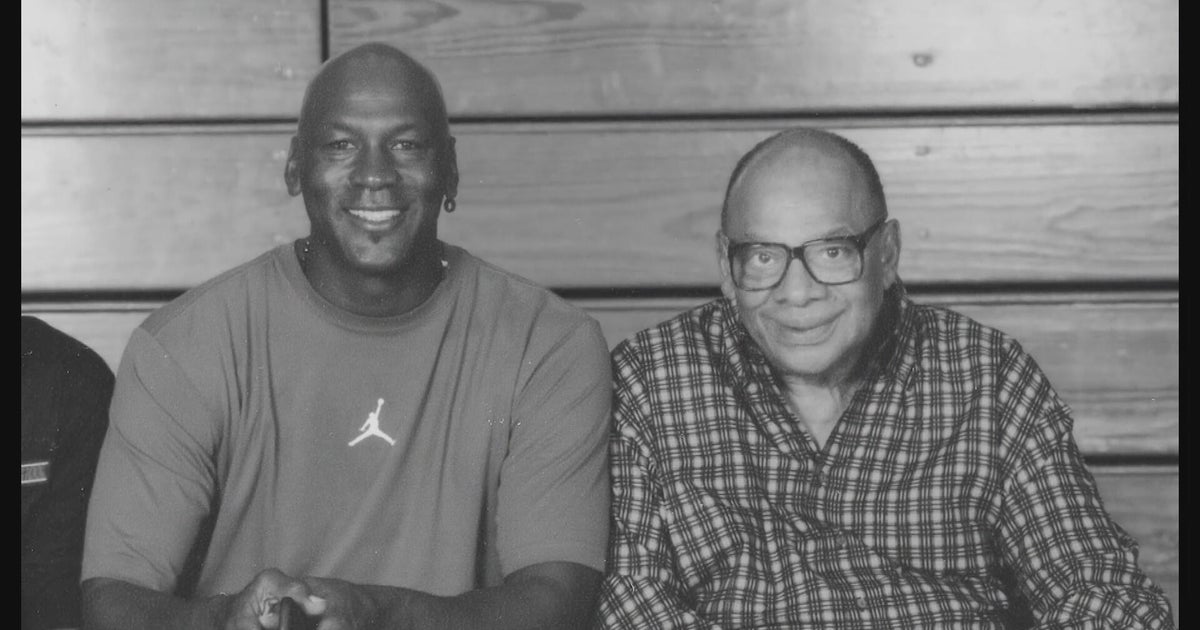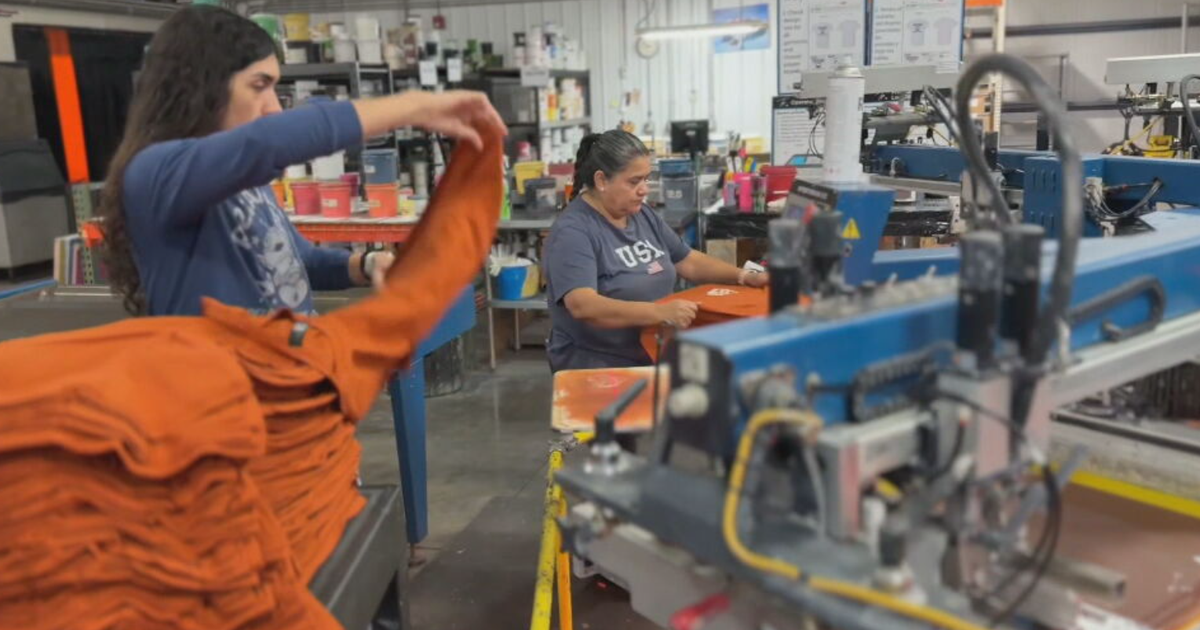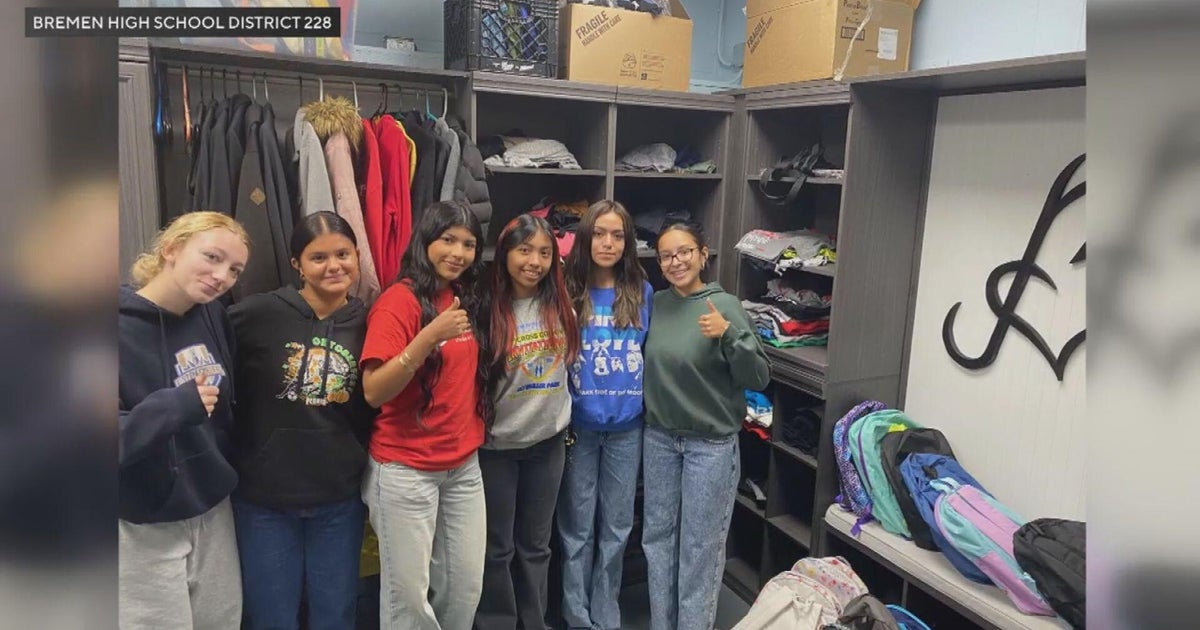Nike launches its sports hijab in the US
The sport hijab has gone mainstream. Nike's "pro hijab" went on sale in the US Wednesday after rolling out in parts of Europe, Asia and Africa earlier in the month.
Nike's campaign comes complete with pro female athletes like fencer Ibtihaj Muhammad, boxer Zeina Nassar and runner Manal Roston. (The athletes were among those involved in testing the hijab, the company said.) It's perhaps the most high-profile sports hijab the US has seen -- though it's far from the first.
Asiya, a startup based in Minnesota, launched a line of sports hijabs last year, with the express goal of getting Muslim girls involved in sports. (When a Maine high school basketball team decided to provide hijabs for its Muslim athletes, they went with Asiya's model.). And companies like Ahiida and Capsters have been creating modest sportswear for decades, aimed largely at the Middle Eastern market.
Nike's entry into the field demonstrates Muslim athletes' increased profile in the US. Many credit this to the success of Muhammad, the fencer who last year became the first US athlete to compete in the Olympics wearing a hijab. Muhammad ended up in fencing because it allowed her to remain fully covered, as her religion requires, she has said. But she often had trouble with a traditional hijab, she explained on Nike's website. The garment could become heavy and stiff and had to be pinned.
Nike's polyester-and-spandex garment is made from an opaque mesh that is lightweight and sweat-wicking, the company said in promotional material. The elastic edges make it easy to pull on and off and it's stretchy enough to move with the wearer.
Nike's tweet received a barrage of responses, alternately praising it for what tweeters perceived as a progressive move or condemning it for appearing to bow to a religion that oppresses women. But its reasons for creating the garment may be simple demographics.
Some 610,000 Muslim women under 20 live in the US today, according to Pew Research Centers. Now it's that much easier for them to be sporty.
